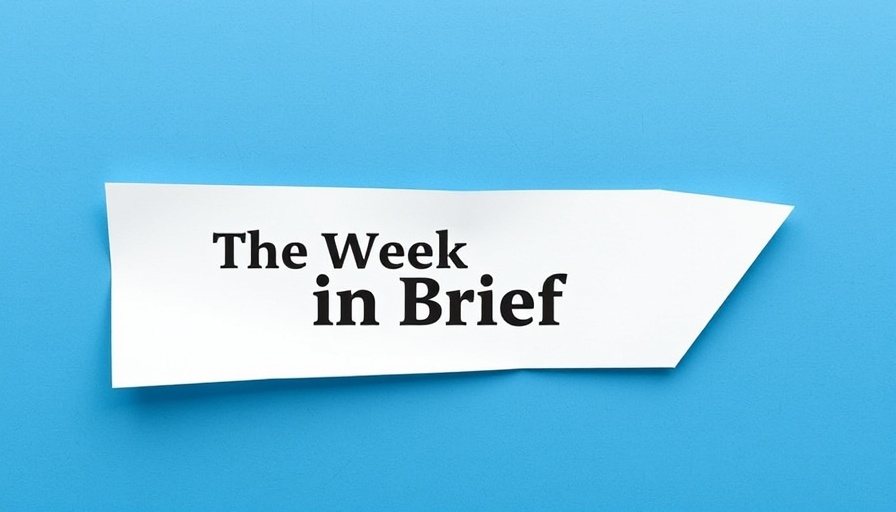
The Controversial Nomination of RFK Jr. for Health Secretary
In a move that has sparked a rollercoaster of emotions and mixed reactions across the health and political sectors, Robert F. Kennedy Jr. has been nominated by President Donald Trump to lead the U.S. Department of Health and Human Services (HHS). Kennedy, known for his vocal anti-vaccine stance, now finds himself under intense scrutiny during his Senate confirmation hearings, where he stumbled over basic health policy questions. As the clock ticks down to a crucial Senate vote, many are left wondering if he is indeed the right person to lead one of the country’s most vital departments.
The Hearing Highlights
During the two-day hearing process, Kennedy faced considerable criticism from Democratic senators, who labeled him as unqualified. His lack of clarity on fundamental health programs, such as confusing Medicare and Medicaid, raised alarms about his readiness to handle an agency covering a third of Americans. His remarks on Medicaid funding, mistakenly citing federal-only support when state contributions are significant, further showcased his limited grasp of the healthcare landscape.
Supporters of Kennedy, dressed in “Make America Healthy Again” attire, rallied behind him, but the key Republican votes, particularly from Senator Bill Cassidy, remained uncertain as he pressed Kennedy on his ability to handle the dual eligibles—a group covered by both Medicare and Medicaid.
The Role of HHS in the Modern Healthcare Landscape
The HHS oversees critical programs that are intertwined with the health and well-being of millions. Despite Kennedy’s support from some factions, dissent regarding his commitment to vaccinations remains a vital concern. Vaccines are a cornerstone of public health efforts aimed at preventing diseases that can escalate into epidemics. Will Kennedy uphold these life-saving measures, or will he pivot based on political pressures?
Understanding the Stakes
In his hearing, Kennedy appeared ill-prepared to discuss the responsibilities of HHS, seemingly unacquainted with the consequences of national health policies on marginalized populations. Kasidy’s pointed questions about enhancing care for both rural communities and dual-eligible beneficiaries illustrated a glaring gap in Kennedy’s proposed vision for the future of American healthcare.
This burgeoning crisis at the top of HHS could have ripple effects throughout the healthcare system, shaping everything from funding allocations to public health initiatives in the coming years. Kennedy’s direction could redefine how healthcare resources are distributed, particularly in underserved areas.
Public Reaction and Future Implications
The public's sentiment surrounding Kennedy’s nomination is oneof curiosity shadowed by skepticism. Many healthcare professionals echo the sentiment that a nominee without a solid grasp of basic health policy could endanger the fragile progress made in public health. A Health Secretary who is misinformed, or worse, mechanics of misinformation could catalyze a significant roadblock in the fight against public health crises.
As the Senate Finance Committee prepares to vote next week, all eyes are on Senator Cassidy's decision—his vote could determine Kennedy's fate and shape the future of health policy in the U.S. Perhaps in hindsight, we will see this nomination process as a crucial juncture for the HHS or merely another instance of political theater.
Concluding Thoughts
Whether or not Robert F. Kennedy Jr. makes it to the Secretary of Health and Human Services role remains uncertain. However, the discourse surrounding his candidacy highlights not only the complexities of policymaking but also the profound impacts of leadership on health outcomes. As a nation, we should remain vigilant regarding the leaders we choose for health policy positions, especially during turbulent healthcare times.
 Add Row
Add Row  Add
Add 




 Add Row
Add Row  Add
Add 

Write A Comment